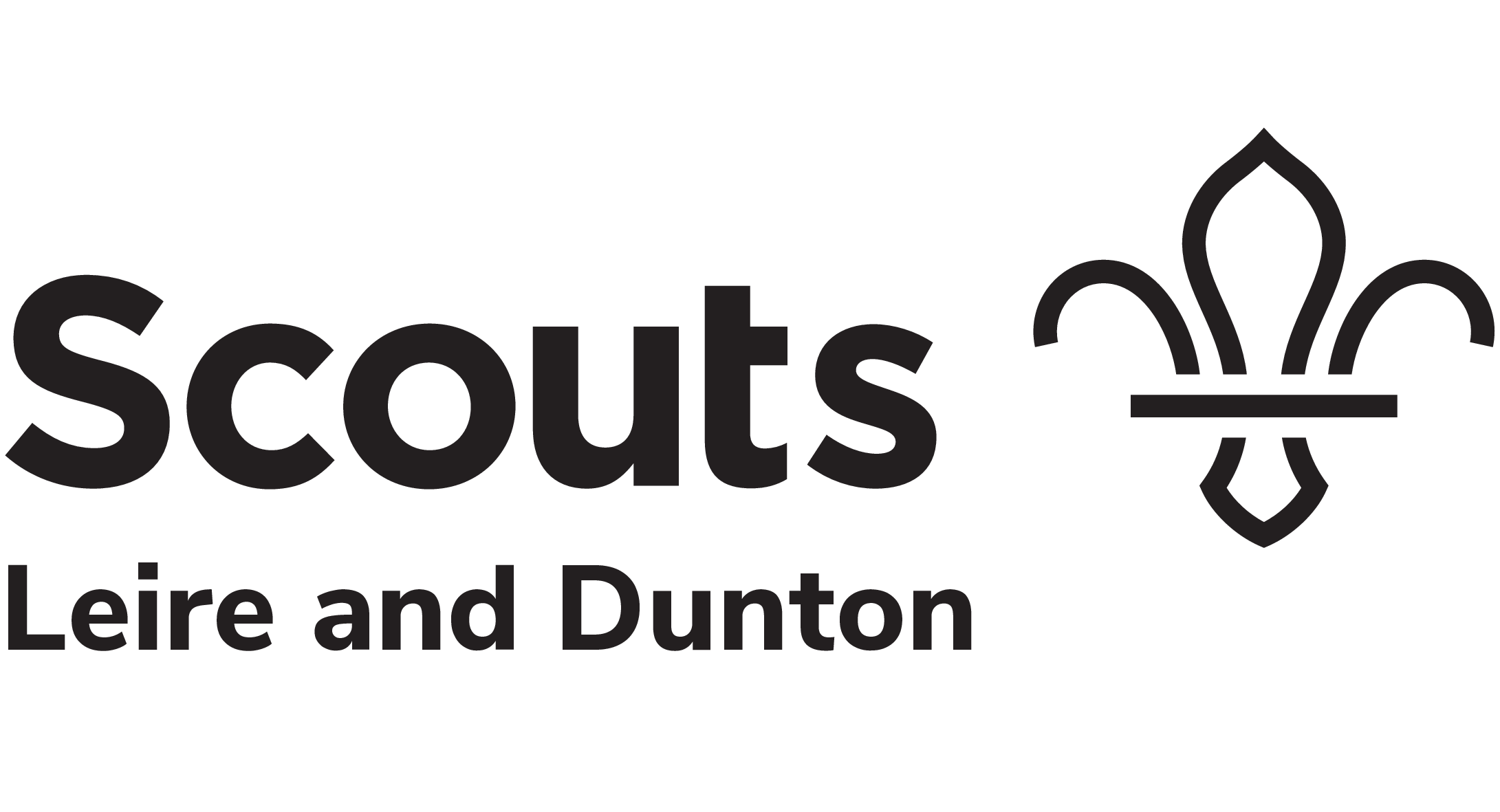Below is the suggested kit list for an average Scout Camp. It’s important (especially if camping in the autumn or winter) to go to a camp properly prepared for the conditions. The camp organiser or Leader will let you know if you need anything in particular.
As far as possible, you should pack everything into your rucksack / holdall, rather than having things in multiple bags, as it will be hard to carry and it increases the chances of you losing things. You can strap your roll mat, or even your sleeping bag, to the outside of your rucksack in a bin bag to keep it dry, to give you more room inside your bag.
We expect Scouts to take the responsibility to pack their own kit – they’re the ones going on camp after all, not their parents.
Please don’t bring electronic toys. If you do bring a mobile phone, remember that you won’t have anywhere to charge it, and it should only be used for emergencies, or perhaps taking a photo or two – take the opportunity to disconnect from the net and reconnect to the real world for the weekend!
Also, don’t bring sweets or snacks – they attract animals and make a mess.





